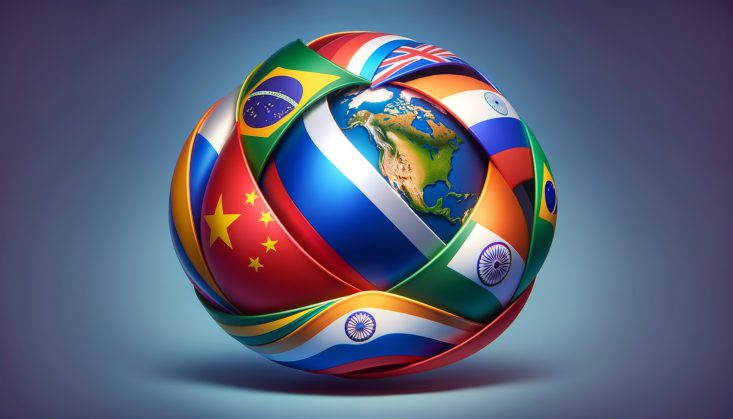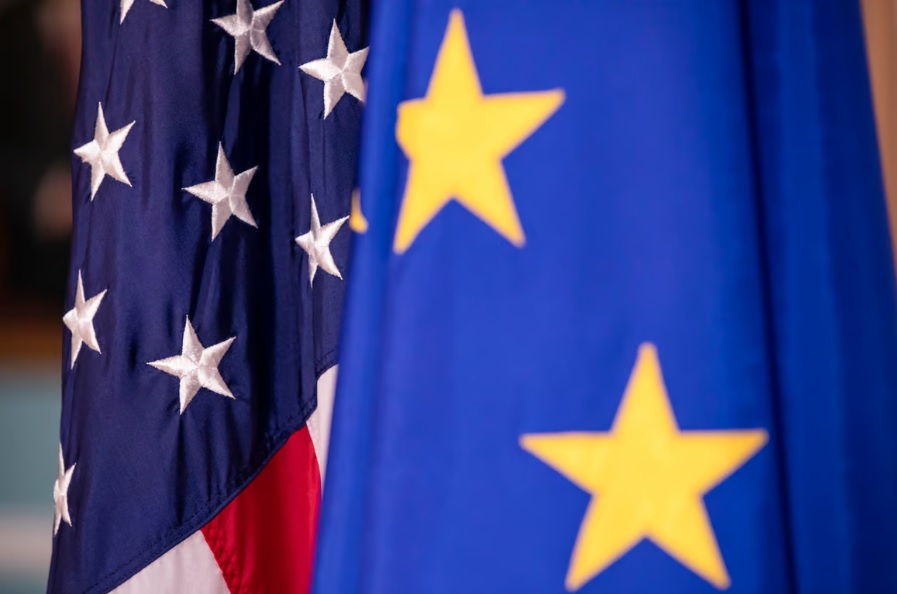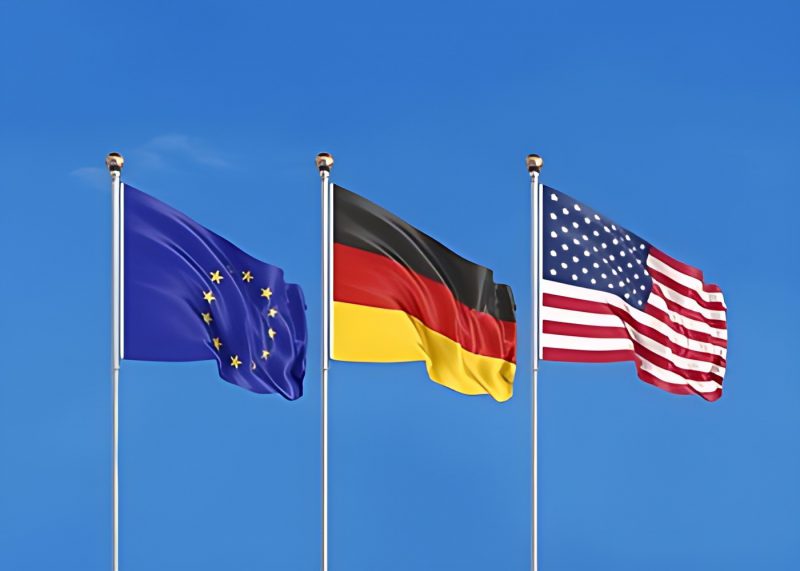Amid talks of a BRICS alliance with the European Union (EU), one analyst has said that such collaboration would be a “direct threat” to the US and the West. Indeed, South African representative Tokozile Xasa has put forth a recent proposal to increase cooperation between both BRICS and the EU. Subsequently, Analyst Jackie Shandu has reportedly noted the danger it poses to the West.
Specifically, Shandu noted that such relationship growth would make the West unable to continue exploitative relationships with the developing countries in the world. Altogether, the statements suggest that the West has consistently utilized weaker countries to propel its strength. However, expanded BRICS collaboration would greatly hinder that.


Also Read: BRICS: Trump Predicted to Win 2024 Election & Save US Dollar
BRICS Partnership With EU Could Threaten Western Dominance
2023 has come to be observed as a year of immense growth for the BRICS economic alliance. Outside of its enacted six-country expansion at its most recent annual summit, the bloc has seen its de-dollarization efforts gain international support. Now, one partnership could further threaten the global dominance of the West.
Specifically, one analyst has suggested that the BRICS partnership with the EU places a “direct threat” to the West. Moreover, the forecast arrives as the alliance has recently offered a proposal to increase the collaboration between both international entities. Therefore, creating increased global participation from the bloc.


Also Read: BRICS: Analyst Predicts Biggest Economic Crash in US History
Jacie Shandu’s observation is rooted in the position that the WEster fortifies its dominance by taking advantage of developing countries. Moreover, such a shift in global collaboration would greatly threaten that. However, the development moreso points to the rapid ascension of the alliance as a whole.
It is greatly understood that such partnerships would become a key aspect of the bloc as it continues to grow. Moreover, many predict 2024 to be a year defined by such growth. Altogether, the multipolar goals of the alliance already threaten the current status quo of the global power balance in a myriad of ways.





